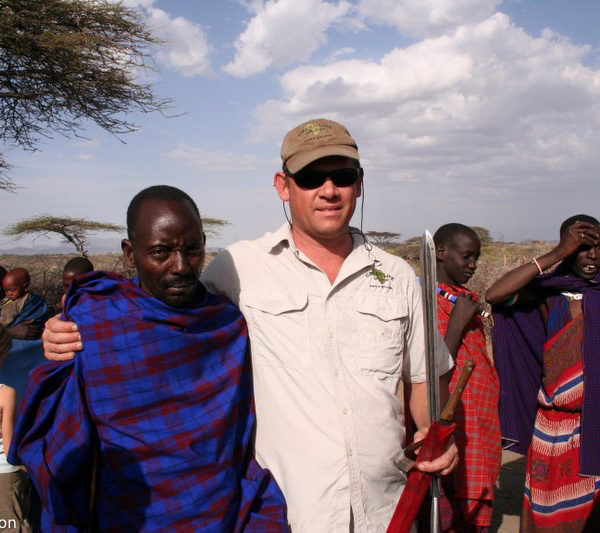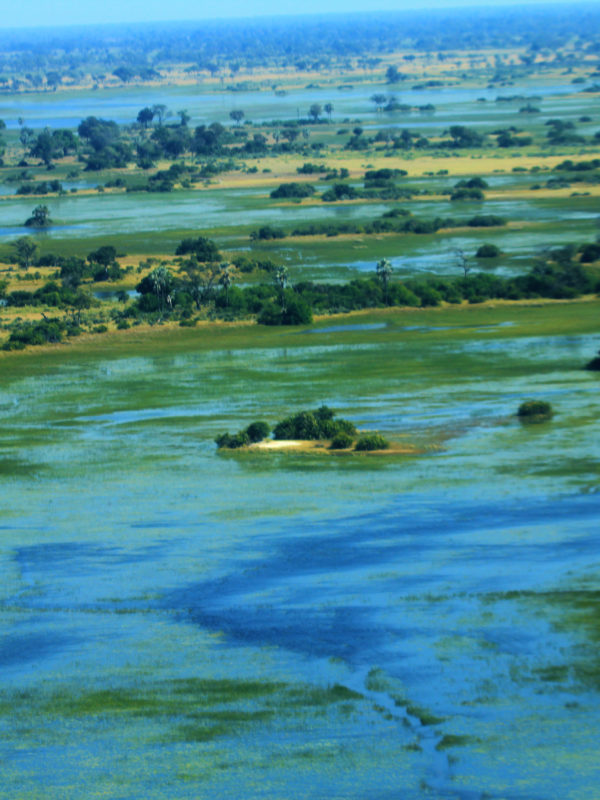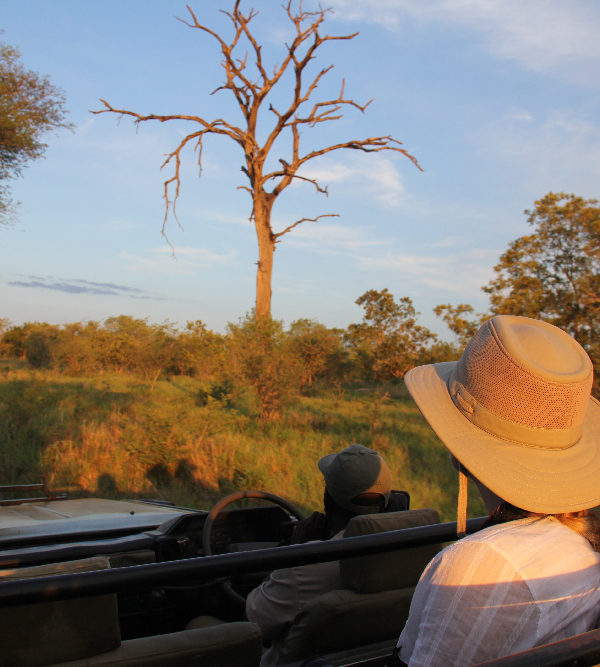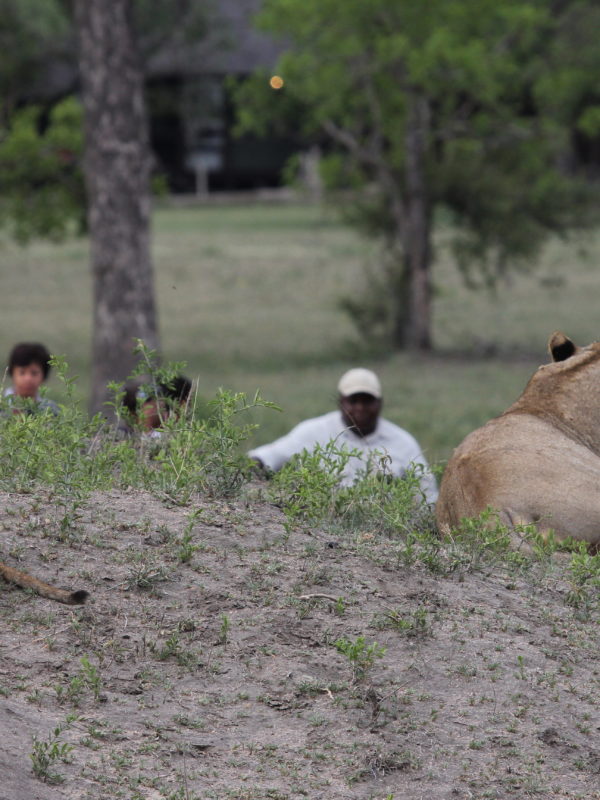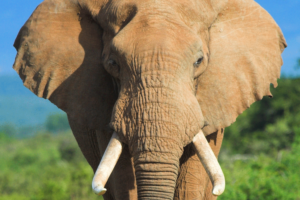This will become an extraordinary park, because the terrain will go from the dense inland valley bushveld of the Sundays River, all the way until it reaches the sea. It will also include a 296,500 acre (120,000 ha) marine reserve encompassing islands containing Africa’s largest populations of penguins and gannets.
This park will be one of the few places on earth containing the ‘Big 7’; elephants, lions, buffaloes, leopards, rhinos, whales and great white sharks!
ANIMALS & BIRDS
Elephants are wondrous creatures to watch especially at a waterhole. Some facts about elephant’s digestion may help to demonstrate why the dung beetle is so important to this park ,and why rangers were very worried about their decline.
An adult elephant deposits upwards of 330 pounds (150 kilos) of dung every day – about one consignment every 15 minutes. Prior to the expansion of the park, this meant that the dung beetles had an enormous clearing up job, and they were just not coping. The flightless dung beetle is found almost exclusively in this park (other dung beetles can fly), and are important to the ecology of the area.
No citrus fruits may be taken into Addo as elephants have such a craving for them, that one whiff of an orange could send them crazy, and could mark the end of you and your car. The cruellest irony is that the region has many citrus groves – which is an unkind twist of fate for the Addo elephants!
Black-backed jackal are commonly seen in Addo, and evenings are punctuated by their strident howls. Cape buffalo, black rhino, kudu, eland, red hartebeest and springbok all graze on their preferred grasses or bushes and highly adaptable leopards are there but rarely seen. With the consolidation of the land expansion, lion will be reintroduced to complete the ‘Big Five’.
Furthermore, with the park now stretching to the shores of the Indian Ocean, whales and dolphins will swell the viewing opportunities.
Addo’s birding opportunities are accentuated by the contrasting habitats of dense thickets interspersed with open grassy areas and wooded kloofs. Look out for martial and crowned eagles, olive bush shrikes, yellowthroated warblers, Cape batis, black korhaan and secretary birds.
SEASONS
This region’s temperate climate is influenced by the Indian Ocean, providing rain in equal measures throughout the year.
Spring: Spring is in the air by the end of August and into September. October gets much warmer with the feeling of summer around the corner.
Summer: November to March are hot, and temperatures peak from December to February at around 75°-86°F (24-30°C) or more.
Autumn: Temperatures start cooling down from about April but it can still be very pleasant until June.
Winter: June, July and August are mid-winter months but the days may still be bright and warm, but it gets cold in the evening.
ADDO SPECIALITIES
· Elephants
· Flightless dung beetles
· Black rhino
· Raptors
· Unique
· Private lodges and national parks chalets
FACTS
Addo is approximately 45m (73km) from the major Garden Route city of Port Elizabeth.
This is a non malarial area

